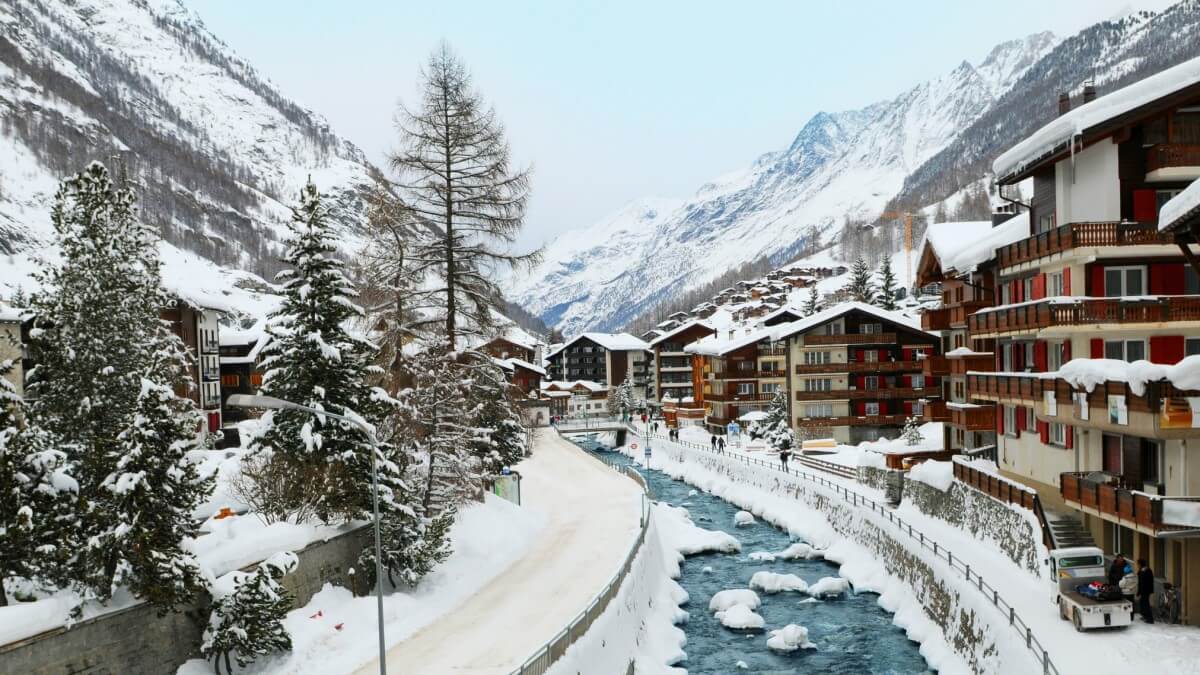Switzerland may become the first country to limit the use of electric vehicles (EVs) in a bid to ensure energy security this winter, German daily Der Spiegel reported on Thursday.
Switzerland is considered to be one of the most environmentally friendly countries in the world. It has a strong commitment to environmental protection and is a leader in the development of renewable energy and energy efficiency. Swiss cities are well known for their green initiatives, and the country is consistently ranked as one of the top countries for sustainability.
Electric vehicles do not necessarily solve an energy problem, but they do provide an alternative to the traditional combustion engine. Electric vehicles use electricity to power their motors rather than burning fossil fuels. This reduces the amount of greenhouse gases released into the atmosphere, helping to reduce global warming. Additionally, electric vehicles are more efficient than their gas-powered counterparts, meaning they use less energy to travel the same distances. In some cases, electric vehicles may also require less maintenance and have a longer lifespan than gas-powered vehicles.
Under the proposed action plan, which is yet to be adopted, the use of EVs in the country could be banned except in cases of “absolutely necessary journeys.” The government also plans a stricter speed limit on the highways.
The harsh restrictions are being discussed as the government fears a power shortage in the coming months, due to the country’s high dependence on imports.
Switzerland gets around 60% of its domestic electricity from hydroelectric power stations, such as dams across rivers or generators placed between lakes. However, a large share of the country’s power comes from France and Germany, and this year the supply is constrained.
The Swiss Federal Electricity Commission (Elcom) earlier warned about electricity supply risks during the winter, saying generation capacity problems could not be ruled out. Elcom cited the expected lower availability of French nuclear power, and the potential consequences for exports to Switzerland.
The Commission said Bern may need to cover its electricity import needs with purchases from Germany, Austria, and Italy. However, the power export availability of those countries would heavily depend on the available fossil fuels, mostly natural gas, according to Elcom.









